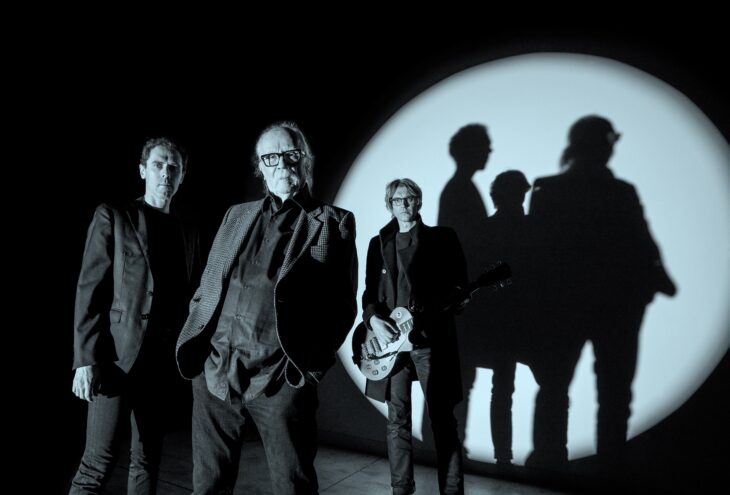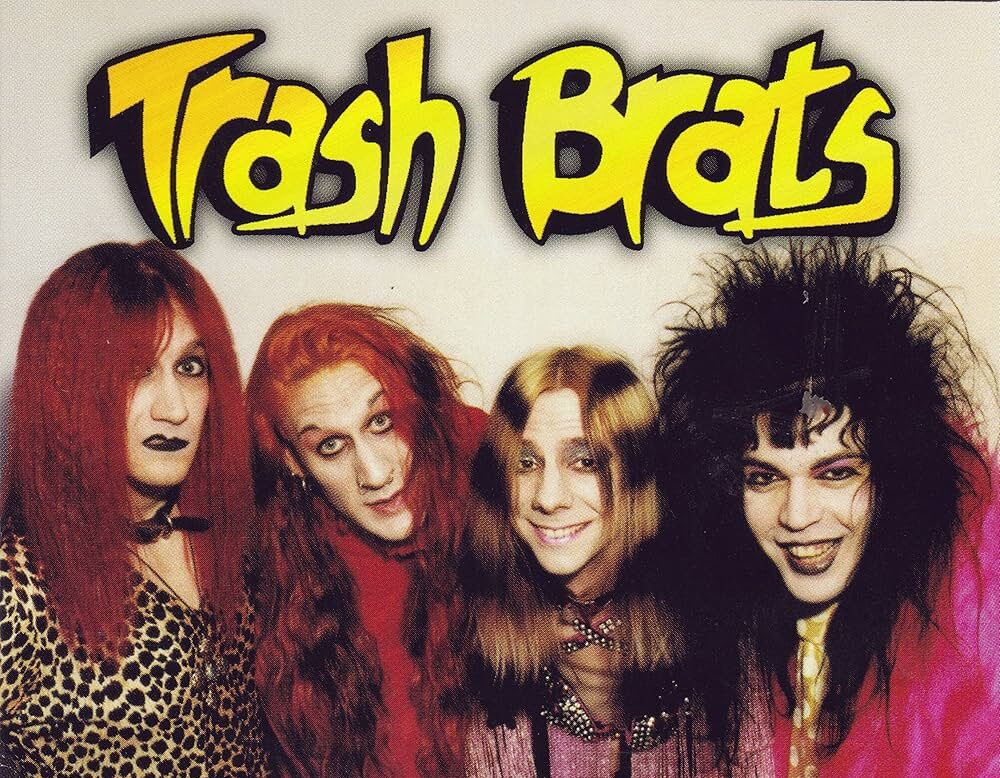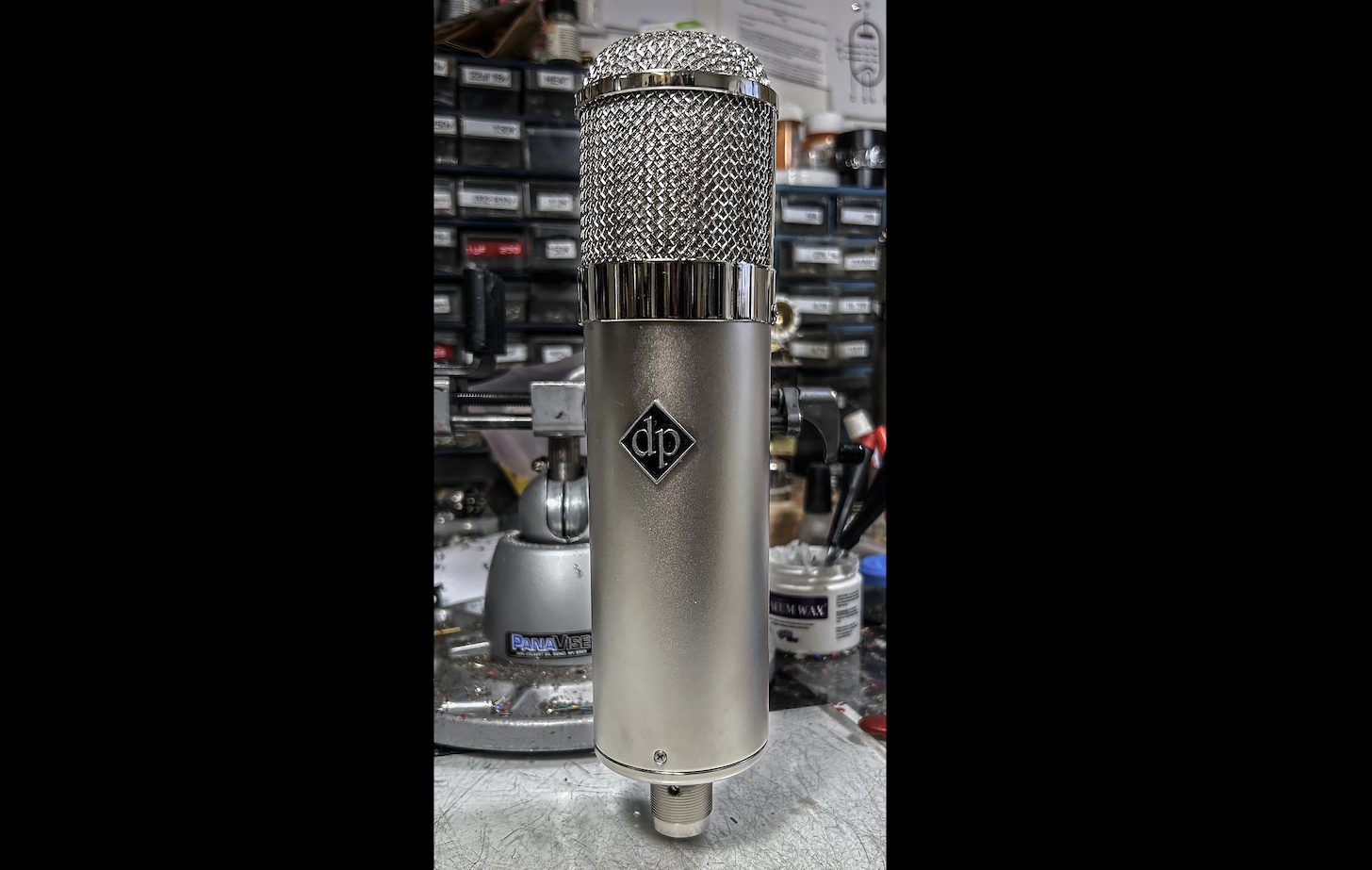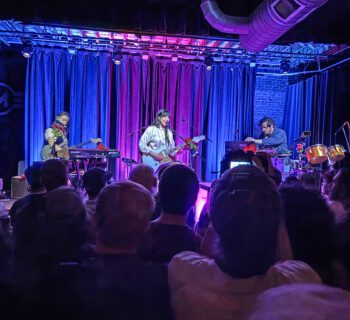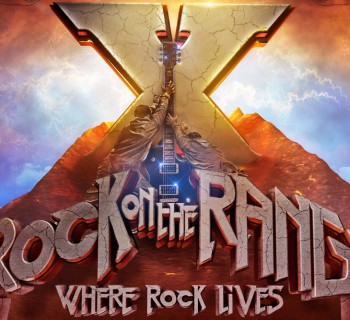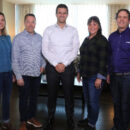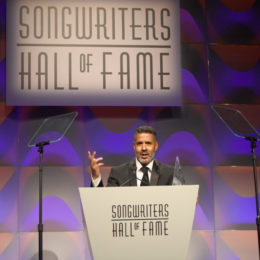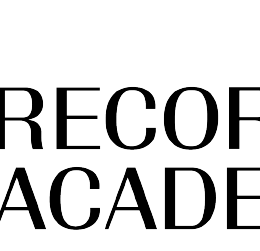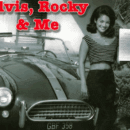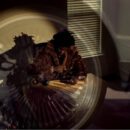Think John Carpenter, and all manner of creepy, skin-crawling images flood the brain: A knife-wielding Michael Myers in the shadows (Halloween), heads slowly falling to the floor and turning into alien spiders (The Thing), ghosts in the fog (The Fog), and a ‘58 Plymouth Fury squeezing down a narrow alley to crush its victim (Christine).
Some of the most iconic images in horror cinema are down to the talent of Carpenter. He’s responsible for countless nightmares, literal goosebumps, screams, and general good times.
He’s also a gentleman. Now 77 years old, Carpenter is as passionate about his art as he ever was. He speaks about directing movies with the enthusiasm of a recent film school grad; a ball of kinetic energy that is genuinely infectious. As a result, he’s a joy to have a conversation with. This interview took place on the phone, but his personality travelled across cell towers. The man is an icon within the horror genre, sure. But he’s also a force of nature.
As well as writing and directing movies, Carpenter has also famously scored many. The son of a music teacher, music has been in Carpenter’s blood from an early age. The fact that he co-wrote the first Halloween movie (with Debra Hill), creating iconic slasher Michael Myers in the process, and then developed the distinctive score as well as directing the shots, means that Carpenter can feel largely responsible for the entirety of Myers’ foreboding character.
That creepy keyboard refrain essentially scrapes at your spine, especially when matched with Myers’ unrelenting, lumbering screen presence. Halloween is far from the only movie that Carpenter has scored, though it’s likely the most memorable. More recently, he’s released a series of albums called Lost Themes. The fourth, Lost Themes IV: Noir, dropped last year but he’s just put out a 10th anniversary expanded edition of the first Lost Themes album, and he’s playing some shows in October to celebrate.
“John will be joined for these special concerts by his longtime collaborators Cody Carpenter and Daniel Davies, with whom he has created four Lost Themes albums, as well as scoring all three entries of the recent Halloween trilogy and 2022’s Firestarter,” a statement reads. “In celebration of the trio’s decade-long run, today they have launched preorders for the forthcoming Lost Themes 10th Anniversary Expanded Edition, due May 9th from Sacred Bones. The updated edition features new artwork by Greg Ruth, expanded liner notes, and a bonus 7” containing two previously unreleased songs from the album’s original recording sessions, “Dominator” and “Cruisin’ With Mr. Scratch.”
A conversation with Carpenter is a thrill, not least because his passion for his art (all aspects of it) is infectious. After the interview, we felt like we could write, direct and score a movie. 51 years after his first movie, the low budget Dark Star, set him on his path, 77-year-old Carpenter still talks about his craft like a teen who is just starting out.
It’s one thing to score films, another thing entirely to take the show on the road. Dreaming up music to complement what we see on the screen is a particular skill, but playing that music out of context in a live environment is another. Carpenter, however, is psyched.
“I love it [performing live] with all my heart,” he says. “It’s such a joy. I can’t tell you how hard directing is, so music is just a joy.”
One of the aspects of live musical performance that Carpenter picked up on as particularly enjoyable is the instant reaction one receives from the audience–not a usual situation for a director, screenwriter and/or score composer. In recent years, the likes of Danny Elfman, German synth pioneers Tangerine Dream and Italian prog-rockers Goblin (two iterations) among others have taken similar movie-themed shows directly to audiences, and they’re generally incredible experiences, often with screens playing scenes from the relevant movies behind the musicians. So Carpenter’s approach is hardly unique. But again, the fact that the man performing music also, in many cases, wrote and directed the movies is unusual.
He’s a part of the creative process to a more intimate and involved degree than one would normally expect. So when Carpenter is scoring one of his own movies, he has an insider knowledge of exactly what a scene needs. There’s a domino effect too; if Carpenter is scoring somebody else’s film, as he did with the recent remake of Stephen King’s Firestarter (2022) among many others, he has a director’s insight into what a scene needs. Conversely, when a different composer is scoring one of Carpenter’s films (for example, The Thing was scored by the incredible Ennio Morricone), Carpenter would have the language as a musician to be able to convey what he’s looking for. He might not—he may prefer to trust the composer and let them do what they feel. But he has the skills should he need them. It’s all in place.
Despite all of that, and Carpenter’s professed adoration for music and scoring, he maintains that directing movies is his first love.
“The love of my life is directing movies,” he says. “It’s all I ever wanted to do. The only thing that matters is the movie.”
When he is scoring somebody else’s movie, such as Firestarter, he has a lot of fun though in that particular case, he says that he didn’t look to the Tangerine Dream score of the original 1984 movie for inspiration.
“I love Tangerine Dream, but I didn’t pay attention to their original score at all," he says, while adding that it wasn’t at all strange to score that movie. “Not at all—[Keith Thomas] is a great director.”
For that score, the Lost Themes series and other recent work, plus these forthcoming dates, Carpenter has been writing and performing with his son Cody, plus his godson (and son of the Kinks’ Dave Davies) Daniel Davies.
“Cody is the maestro,” says Carpenter. “I can say something, and he’ll play it. He’s got the chops—I don’t know where he gets it from. Daniel is the ideas man.”
When asked about the relationship between the families, Davies recalls a family tale. “Dad had written [Carpenter] a letter,” he says. “He was a fan of John’s movies—I remember them all from when I was a kid. John was in London, so they hung out and became fast friends. Every weekend, the kids would get together at John’s house, eat pizza and watch movies. It was a place for the kids to hang. I remember living with John and Sandy [King, Carpenter’s wife] when they were making Village of the Damned [the 1995 remake].”
Davies says that music was always around the house too, and John had an acoustic guitar readily available.
“He and dad would show me chords,” Davis says. “I remember Cody taking piano and guitar lessons, and we would play. It was always around. We would buy an album, and analyze it. We’d do the same thing with movies, such as Apocalypse Now. It was an education on film and scoring. Always learning.”
Despite the fact that Davies was spending a chunk of his childhood hanging out at horror master’s place, he didn’t really see it like that. “When you’re really young, you’re not aware that you’re around talented people. It’s later in your teens that you realize.”
It worked out. Now, the three men are a musical force. A creative unit, each bringing something different to the table.
“We’ve all grown together,” says Davis. “We have our own language, based on intuition. We make music on impulse.”
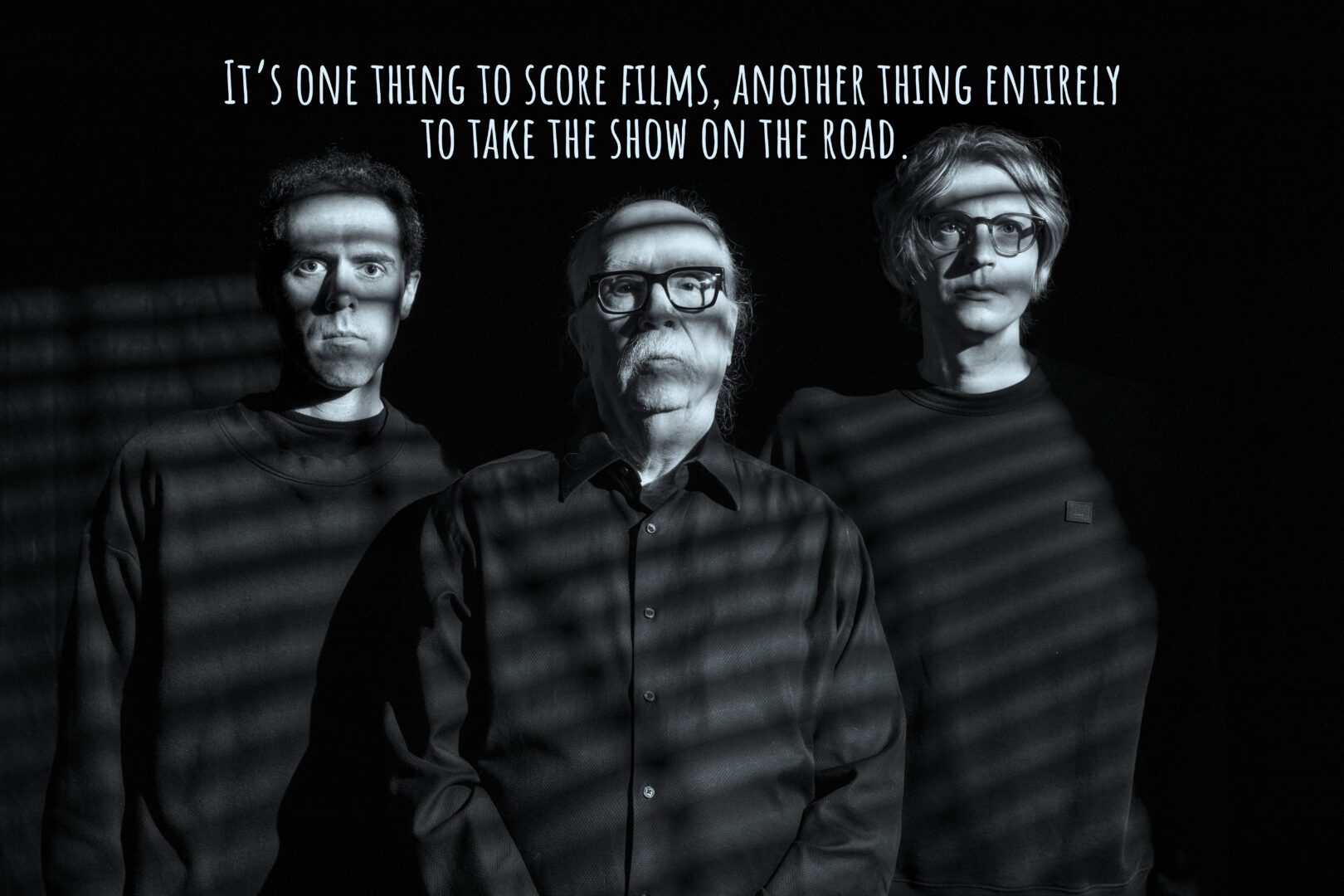
That musical relationship and fluidity resulted in the Lost Themes series. “John and Cody were making demos, writing on weekends,” says Davies. “I was touring with bands. John had a new music attorney, and she asked him what music he had. She got it to Sacred Bones Records, and they asked him if he wanted to make an album. It became a collaboration, and we just kept going with movie scores, more albums, and tours.”
The music on Lost Themes might not be taken from a movie, but it has that same “score” feel. That’s all the more impressive when considering the fact that the three musicians didn’t have a story and visual cues to guide and inspire them.
“It’s inside us,” says Carpenter. “We’re scoring your thoughts and dreams. Whatever you can think up, I’m here to score it. Music is the greatest artform created by man. You don’t need words to enjoy it.”
Indirectly, Carpenter came up with the perfect endorsement for the four Lost Themes albums there. He also slips in that there’s a new album in the works for next year, but says that he “can’t talk about it yet.” That’s spoiling us anyway; the expanded version of the first Lost Themes, with two added songs, plus last year's Lost Themes IV really has given fans plenty to chew on. When the guys perform in Los Angeles, we’ll be hearing lot of that stuff, and more.
“We’re going to do themes from John’s movies, and songs from Lost Themes,” says Davis. “Each night will be different in some way.”
Regarding gear, Carpenter references Apple MainStage, and says that the music performed on stage will be as close to the recordings as possible.
“[We use] anything we can get our hands on,” adds Davies. “Dave Smith stuff, the Oberheim OB-6 [synthesizer], Mellotron, Moog Voyager—all of the Moog stuff. The Grandmother, to recreate older sounds. On the computer: Spitfire Audio, and Arturia. Various pianos; Tons of effects to make beds; Old Blood Noise [Endeavors, pedals]; EarthQuaker [Devices]; LinnDrums.”
Davies is continuing to work on his solo material—he puts out instrumental albums with the last one being Signals in 2020. The Spies EP came out the following year. His rock album, Ghost of the Heart, dropped last year. The musician, previously a member of rock bands Karma to Burn and CKY, is continuously busy thanks to his diverse skillset and obvious talent.
But his work with Carpenter certainly keeps him happy, and there’s also a box set of music from recent Halloween movies coming soon. “Now, for the first time, expanded editions of all three scores are being made available by Carpenter’s longtime label, Sacred Bones Records,” reads a statement. “Halloween: The Complete Expanded Collection, a deluxe box set collecting the definitive editions of all three scores, plus standalone versions of the expanded Halloween, Halloween Kills and Halloween Ends soundtracks, will be out on October 3, 2025… The scores for the new films may be centred on familiar themes, but they’re also a lot more sonically diverse and musically audacious than anything John could have pulled off in 1978, when he made the original Halloween.”
“Oh my God, I had three days, and I had me,” Carpenter says. “I didn’t have anybody who could play anything. No picture, no nothing. Just sit down and play. I would say, 'let me have a beat.' And Dan Wyman, the synthesiser teacher at USC, would tune up the tube amps and I’d play that. It was really crude. If you listen to those scores, there’s not a lot of variation. It repeats a lot of the same music, over and over again. I’d go back with four or five pieces and cut it into the movie.”
“The Halloween box is amazing,” Davies says. “There’s stuff on there that didn’t make it into the movies. And then the shows will be fun. I’m excited.”
“These definitive versions feature previously unreleased music cues that reveal new layers of the iconic scores,” the statement continues. “The expanded version of Halloween Kills features 25 unreleased music cues, while Halloween Ends adds 10 new tracks, deepening the movie’s haunting sonic energy. Halloween Expanded also returns with a brand-new visual presentation, featuring all new artwork by Chris Bilheimer. These expanded scores are finally hitting streaming platforms, and will also be available in a wide range of physical formats, including various LPs and CD, with each expanded edition containing a poster designed by Creepy Duck.”
For Carpenter, this is just the continuation of a journey he started many years ago. He remains a creative force, and continues to have an impact on listeners and viewers. As he always has.
“People always tell me that they watched my movies when they were too young,” he says with a laugh. “I don’t know what happened to our code. I’m kidding—I loved that stuff when I was young too.”
That’s what John Carpenter is all about. He’s the father of so many memories. The first time we hid behind the sofa, wanting to watch The Thing, Christine, or Halloween but also not wanting to watch, was because of John Carpenter. He has petrified us and delighted us in equal measure. He’s taken our nightmares and our dreams, and shaken them like a paranormal barrister, rendering them indistinguishable. We wouldn’t have it any other way.
Photos by Sophie Gransard

